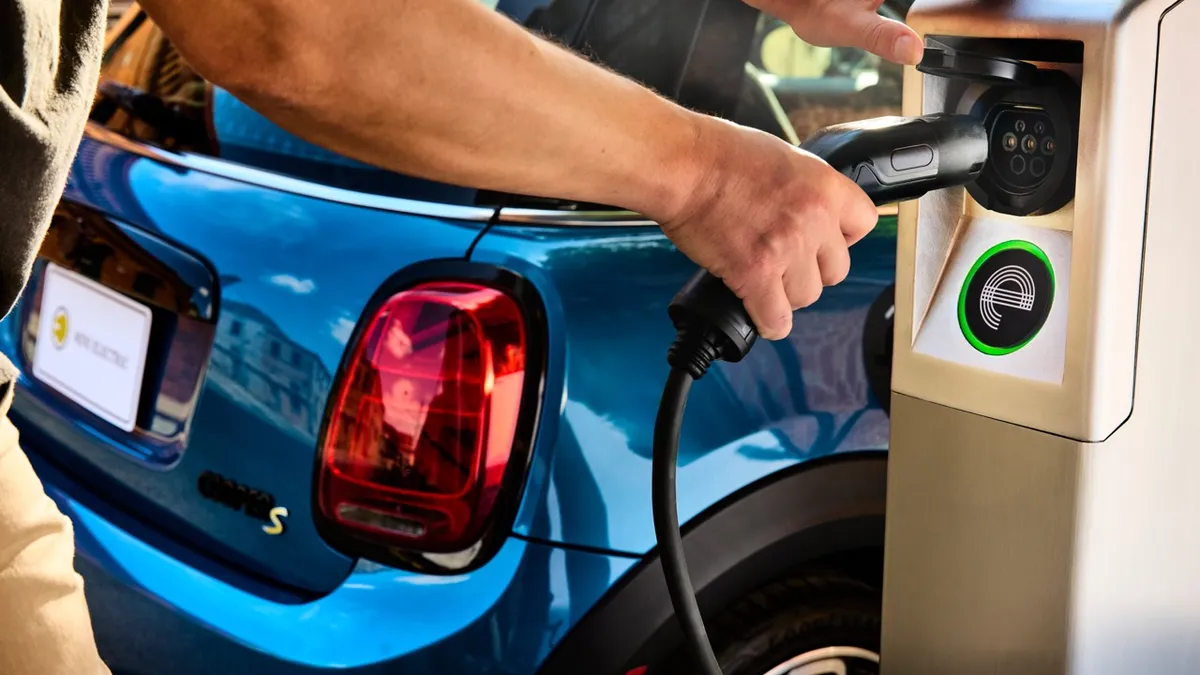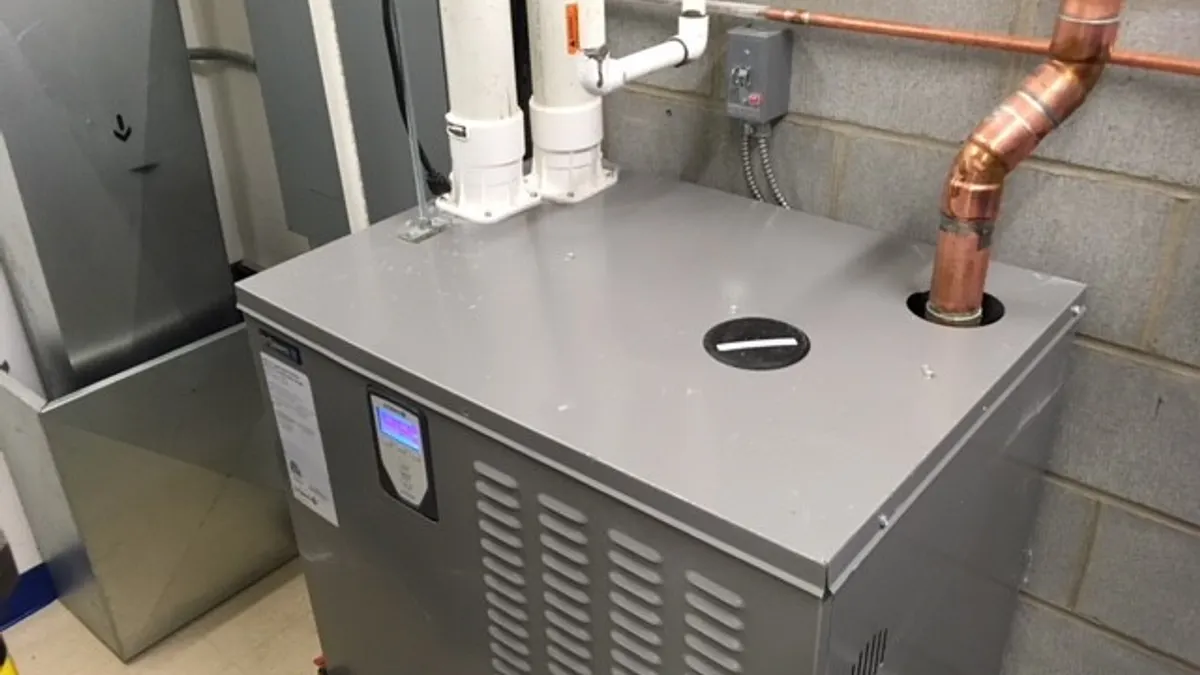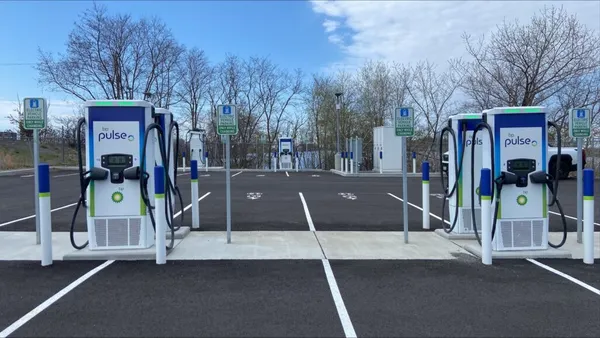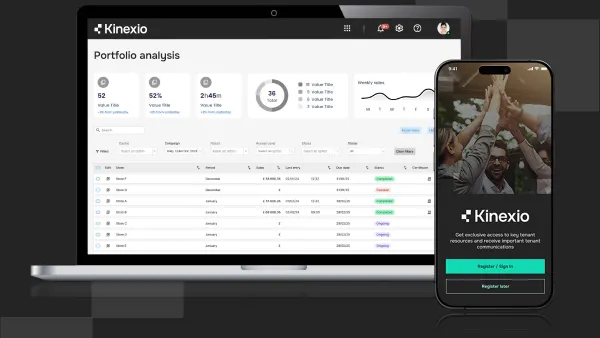Dive Brief:
- Multi-tenant EV charging company Swtch Energy and itselectric are partnering to provide curbside EV charging benefits to building owners and operators in dense urban locations.
- Swtch says itselectric will use its charging management platform to gain insight and control of billing and charging, system monitoring, maintenance alerts and real-time charger insights and reporting.
- Itselectric’s Level 2 curbside chargers offer revenue-sharing to property owners at no cost to cities and property owners, the companies said in a Sept. 26 release.
Dive Insight:
In its 2030 National Charging Network report, the U.S. National Renewable Energy Laboratory estimated that the nation will need 26 million to 35 million charging ports to support the adoption of 30 million to 42 million EVs on the road by 2030. In addition to the 26.8 million Level 1 and Level 2 charging ports needed at workplaces, multifamily properties and single-family homes, NREL estimates that 1 million Level 2 charging ports are needed in publicly accessible locations, such as in urban dense areas, office buildings and retail outlets.
Itselectric’s co-founder and COO, Tiya Gordon, said in the release that the company’s charging technology eliminates the need to directly connect EV chargers into main utility lines — a complexity the company says has been a barrier to entry for high-density neighborhoods. Once a property is approved to be eligible, itselectric installs and maintains the charging stations at the curb while splitting charging fee income with property owners.
The partnership with Swtch Energy is intended to simplify the billing and charging process and provide property owners and operators with insights on usage and earnings. Property owners who host its chargers can earn passive revenue starting at $1,000 per charger per year, according to the itselectric website.
The growth of electric vehicle use and an increased emphasis on building efficiency, in conjunction with ongoing efforts to cut carbon emissions and electrify the grid, are leading building owners and facilities managers to incorporate EV charging into their operations. While this could require capital improvements, government tax rebates and charging fees can provide relief.
The New York State tax credit for public and workplace charging, for example, provides an income tax credit of up to $5,000 for the purchase and installation of EV charging stations through the end of 2025.
"By partnering with building owners to maximize existing electrical capacities, and giving them a piece of the earnings, we're solving the urban charger deployment problem,” Carter Li, CEO of Swtch Energy, said in the release.
Itselectric, which to date is operating in the Brooklyn borough of New York, stated plans to expand to every U.S. city.











